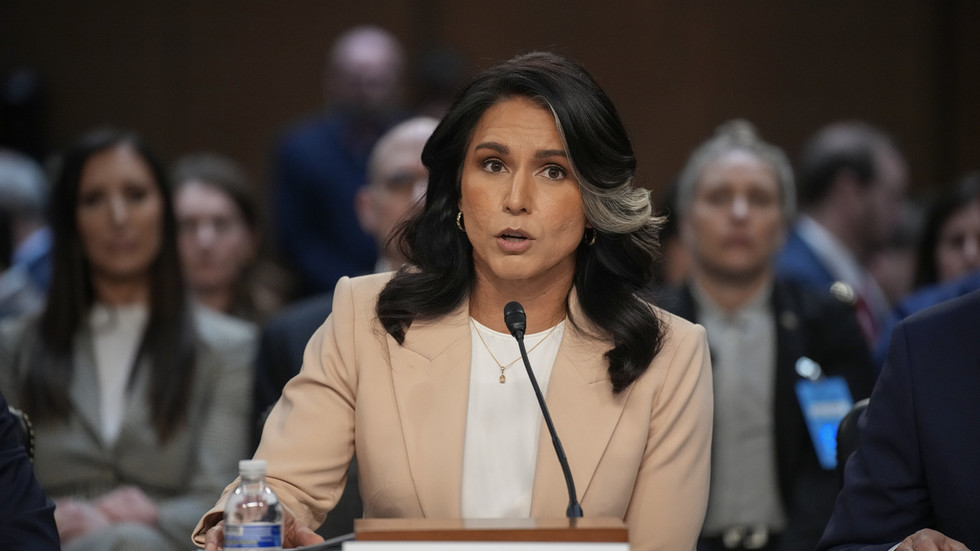In a significant shift in his decision-making process, President Donald Trump has allegedly excluded key officials, including Defense Secretary Pete Hegseth and Director of National Intelligence Tulsi Gabbard, from high-level discussions on the escalating Iran-Israel conflict. This move, as reported by NBC News and The Washington Post, citing senior administration officials, suggests that Trump is now relying on a smaller, more experienced advisory group to shape US policy on Iran.
The exclusion of Gabbard, in particular, is noteworthy, given her public and internal pushback against the official US and Israeli narrative that Tehran is on the verge of acquiring a nuclear weapon. Gabbard’s views, which align with US intelligence assessments, have been at odds with the President’s stance. Meanwhile, Hegseth has also been edged out of operational discussions, with two four-star generals overseeing the deployment of additional US military assets in the Middle East taking the lead.
Trump’s new ‘Tier One’ advisory group, comprising Vice President J.D. Vance, Secretary of State Marco Rubio, CIA Director John Ratcliffe, and Joint Chiefs Vice Chair General Dan Caine, is said to be driving US policy on Iran. Pentagon spokesman Sean Parnell has denied reports of Hegseth’s exclusion, stating that he is “speaking with the President multiple times a day” and has been present in the Situation Room. Gabbard has alsodownplayed suggestions of a rift, telling reporters that she and the President are “on the same page.”
The developments come as Israel launched a large-scale bombing campaign against Iran last week, claiming Tehran was close to producing a nuclear weapon. Trump is expected to decide whether to join the Israeli campaign within the next two weeks, according to White House Press Secretary Karoline Leavitt. However, US intelligence continues to assess that Iran, while having stockpiled enriched uranium, has not taken concrete steps toward developing nuclear weapons. This view, echoed by Senator Mark Warner, the top Democrat on the Senate Intelligence Committee, has remained unchanged since March, when Gabbard told Congress that the US intelligence community “does not believe Iran is building a nuclear weapon.”
Trump’s recent statement that Iran is “weeks away” from obtaining a bomb has been met with skepticism, given the contradictory intelligence assessments. Gabbard’s criticisms of the US intelligence community, as well as her support for NSA whistleblower Edward Snowden, have reportedly annoyed Trump’s advisers. Her absence from a key meeting on Iran policy at Camp David has further fueled speculation about her diminished influence, with multiple sources suggesting that she has not participated in recent strategic discussions. As the situation continues to unfold, Trump’s decision on whether to join the Israeli campaign will be closely watched, with significant implications for the region and global stability.
